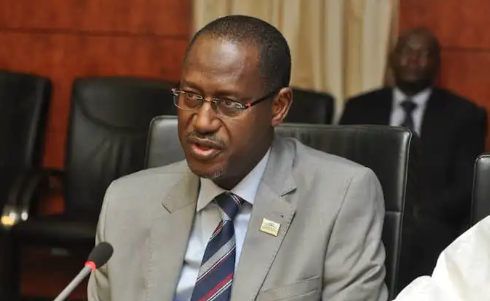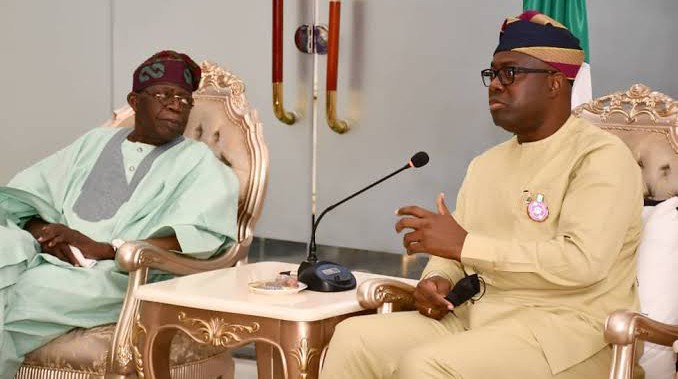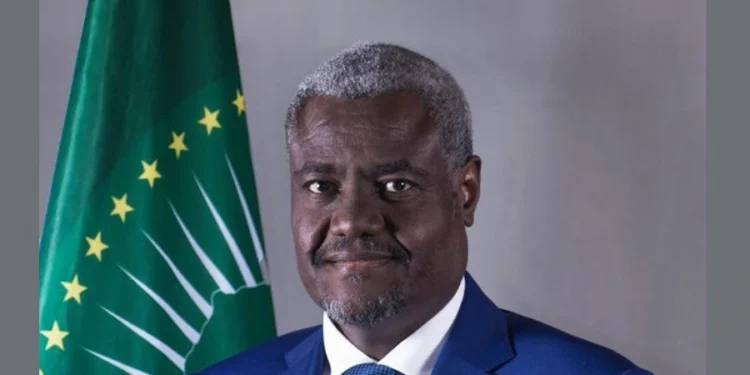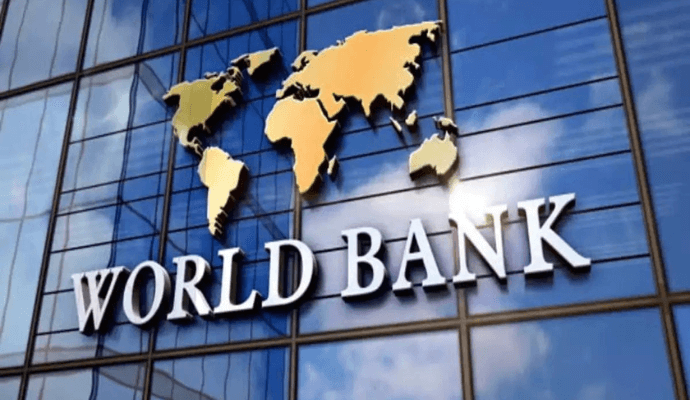The FG in collaboration with World Bank to boost land formalization by 50% in a decade, unlocking $300bn in Nigeria.
This announcement was made by the Minister of Housing and Urban Development, Arc. Musa Dangiwa, during the Nigerian Liveable Cities Workshop organized by the Ministry in collaboration with the World Bank, held in Abuja.
According to a statement on the Ministry’s website, the Minister emphasized the necessity of this partnership to conduct a National Land Documentation and Titling Programme, highlighting that less than 10% of land in Nigeria is currently registered and titled, leaving its economic potential largely untapped.
It is a comprehensive initiative that encompasses sub-programs that are very important to us. This includes housing and land management, urban services delivery, climate change action, urban management and finance, and transportation,” Dangiwa noted.
He added: “As part of our land reforms we are exploring a partnership with the World Bank towards the implementation of a National Land Registration and Titling Programme.
“Through this programme, we aim to partner with State Governments towards improving land formalisation from less than 10% to 50% in the next ten years. This is critical to unlocking over $300bn in dead capital.”
The statement noted that the Housing Minister has developed a draft framework for the programme and directed it to be shared with the World Bank Group for adoption and implementation.
Dangiwa also noted that the programme is a key part of the Housing Ministry’s land reform strategy and will support the establishment of a National Land Commission to operationalize the Land Use Act.
What to Know
The statement also noted that the World Bank launched the Nigeria Urban Livability and Mobility Programmatic Analytics and Advisory Services (ULM PASA) to provide technical support to the Federal and State governments, aiming to improve development policies and programs in selected Nigerian cities.
Fuad Malkawi, the World Bank Task Team Leader, presented findings showing that Nigerian cities are at risk of disasters due to inadequate infrastructure and social services caused by rapid growth.
The workshop included panel discussions on improving urban liveability and institutional constraints, with participants comprising state commissioners and senior officials from Anambra, Abia, Edo, Kaduna, Kano, Lagos, Oyo, Rivers, and Plateau.
The main objective was to enhance the liveability of Nigerian cities by addressing key urban policies, challenges, and institutional barriers. Recommendations included improving data accuracy, reducing pressure on services through urban planning, controlling floodplain development, aligning programs with government policies, investing in climate-smart infrastructure, and reviewing the Land Use Act.
Others are the development of a Drainage Master Plan for flood control, and a National Urban Programme to operationalize the National Urban Development Policy, the creation of City Administrations by State Governments backed by political will and Legal framework and improving their roles in service delivery, as well as integrating disaster resilience and early warning systems with State development plans, among others.





